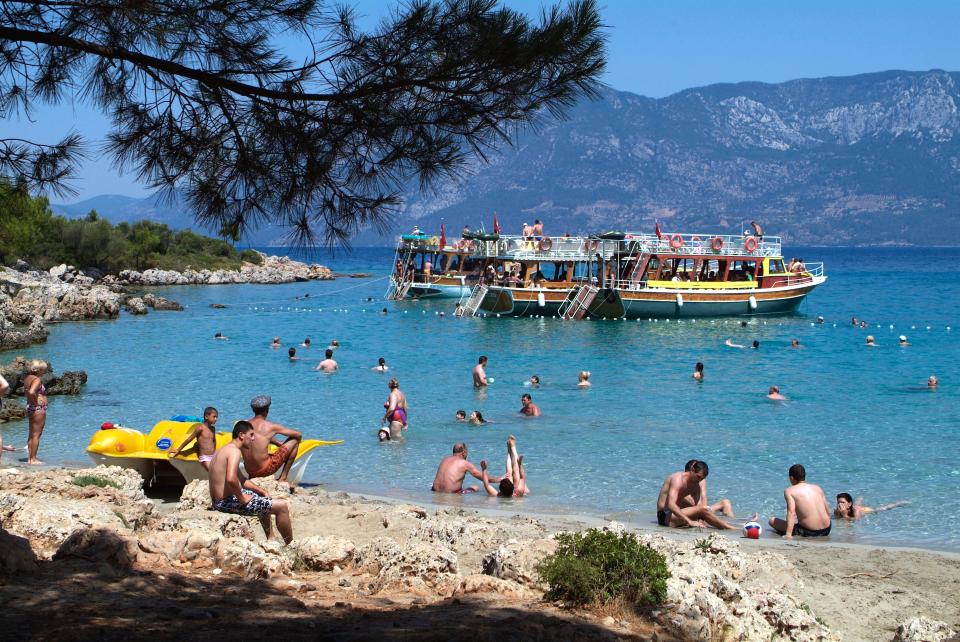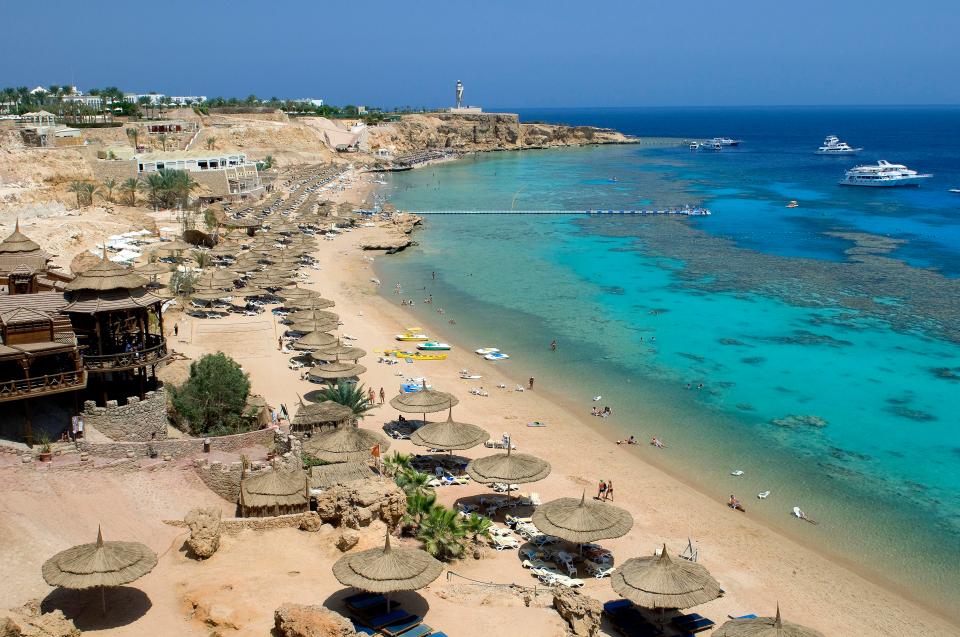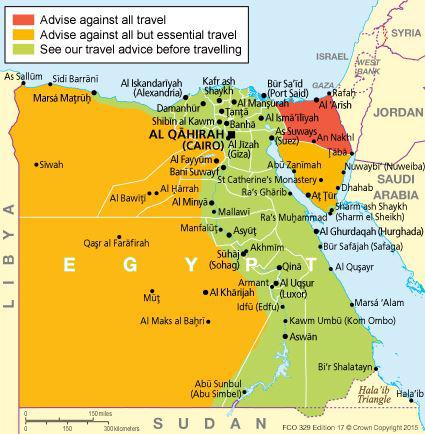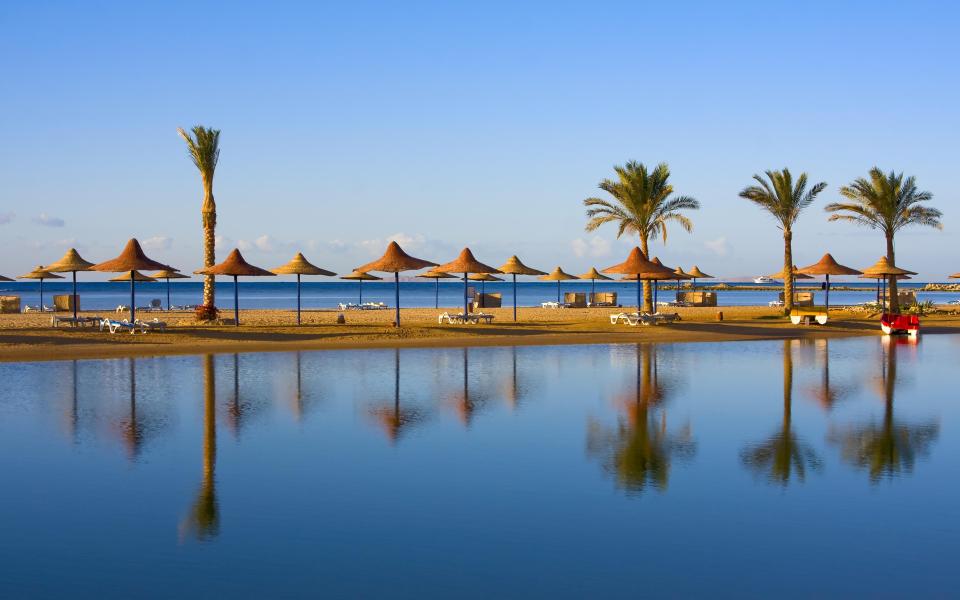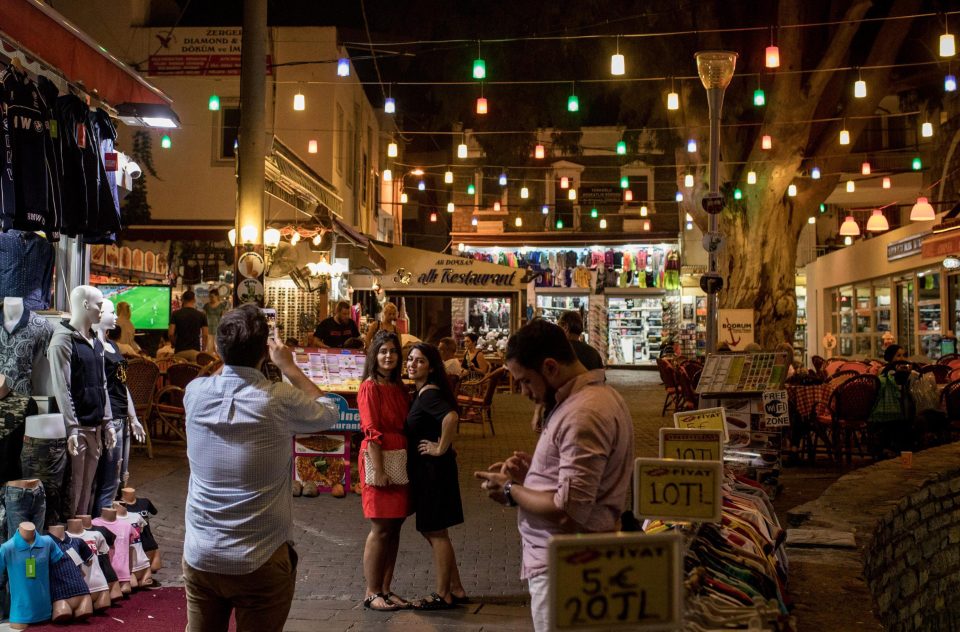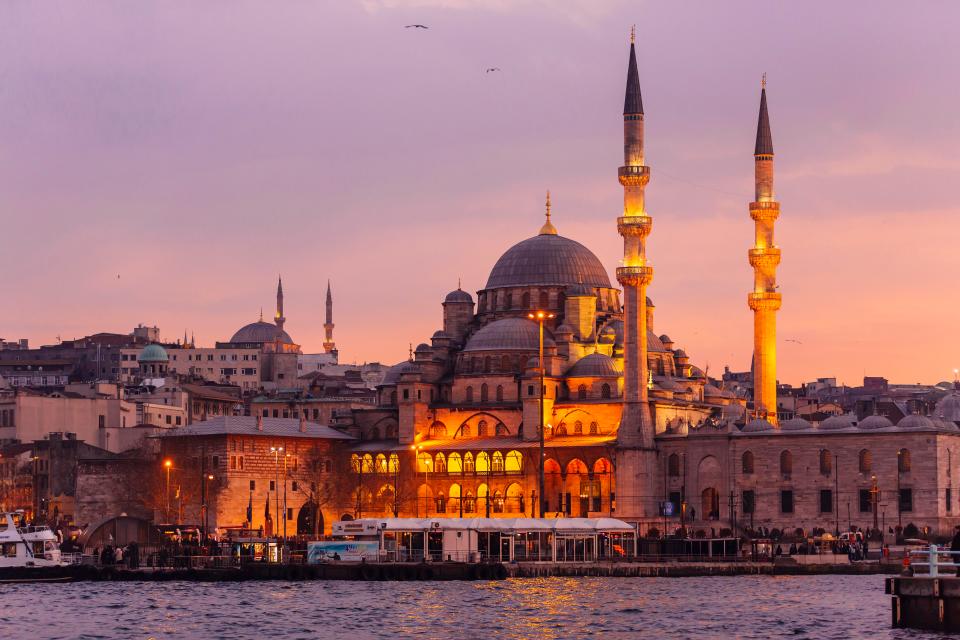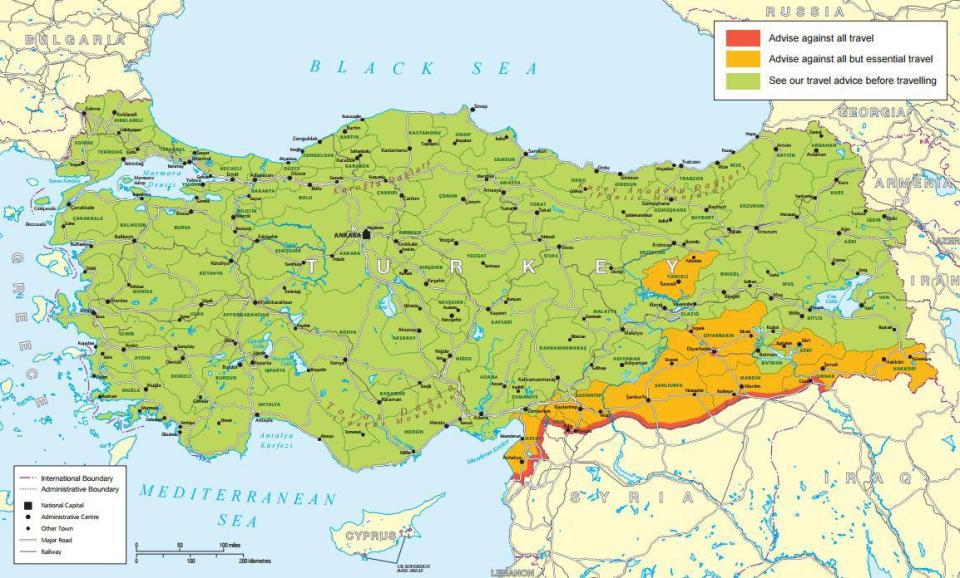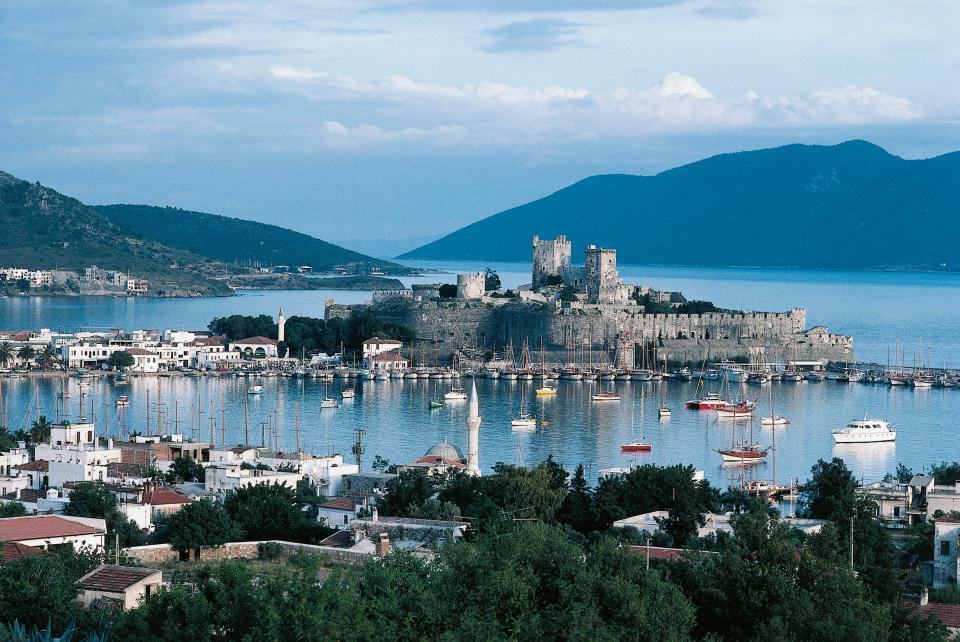More Brits are heading back to Turkey and Egypt on holiday – so how safe is it?
Demand for trips to the two countries has returned because of cheap prices compared to EU hot spots like Spain and France

BRITISH holidaymakers are returning to top tourist destinations in Egypt and Turkey, despite concerns over terror attacks.
Thomas Cook has revealed that demand for trips to the two countries had continued to increase because of the cheap prices.
The company’s chief executive Peter Fankhauser told the BBC’s that demand in Egyptian and Turkish resorts was boosting the winter holiday markets.
He said: “Both destinations are wonderful countries, with great hotels, great beaches, nice people, and it’s really good value.
“People want to go back. We are not a security company; as long as we have the advice of the Foreign Office that we can fly to Egypt and Turkey, we offer a great product.”
The demand for cheap breaks in the two countries is set to grow further, as Brits are likely to see the cost of their tip to Spain rise by hundreds of pounds next year, due to a combination of strong demand and the weak pound.
In the last few years, demand for holidays to Spain grew as tourists shunned traditional tourist spots in Egypt and Spain due to terror fears.
But both countries have now invested heavily into security infrastructure - so is it really safe to visit?
Egypt
Air travel to Sharm El Sheikh was suspended by the Foreign Office in December 2015, after a
Russian passenger plane was blown out of the sky, killing 224 people.
As a result, British tour operators stopped all holiday bookings in the area – but visiting the area isn’t actually banned, just travel by air.
The Foreign office said: “We are not raising the threat level in the resort. The above advice applies only to air travel to and from Sharm el Sheikh.”
The government also advises against all travel to the Governorate of North Sinai.
And it advises against all but essential travel to the Governorate of South Sinai except within the Sharm el Sheikh perimeter barrier, and travel west of the Nile Valley and Nile Delta regions, excluding coastal areas between the Nile Delta and Marsa Matruh.
But there is no advice against travel to Cairo, Alexandria, the tourist areas along the Nile river (including Luxor, Qina, Aswan, Abu Simbel and the Valley of the Kings) and the Red Sea resorts of Sharm el Sheikh and Hurghada.
As a result, Brits have recently been flocking to the resorts of Marsa Alam and Hurghada instead.
The Red sea destination of Hurghada was traditionally more visited by German holidaymakers, while Sharm El Sheikh was the UK favourite.
A Thomas Cook spokesman told Sun Online earlier this year: “Egypt has been very popular this year. We’re expecting more than double the number of UK customers compared with last year.”
The newly-popular resort also suffered a setback in July, when a man suspected of ISIS links killed two women in a knife attack and injured four more.
Despite some high-profile terror attacks against foreigners though, it should be noted that around 231,000 British nationals visited Egypt in 2016 and most were trouble-free.
However, terrorists are very likely to try to carry out attacks in Egypt and holidaymakers should avoid crowded places – with threats made to western nationals, institutions and businesses posted on websites and social media.
Turkey
A number of attacks blighted the Turkey throughout 2016 and into the New Year, including the devastating Istanbul nightclub shooting on NYE that left 39 people dead.
It was followed later in the same week by another terror strike in Izmir – a town popular with Brit holidaymakers – as three Kalashnikov-wielding terrorists killed at least four people in a car bombing.
The government do advise against all travel to within six miles of the border with Syria and to the city of Diyarbakir, as well as all but essential travel to Sirnak, Mardin, Sanliurfa, Gaziantep, Diyarbakir, Kilis and Hatay provinces, and the provinces of Siirt, Tunceli and Hakkari.
However, the vast majority of the country is not under any restrictions from the Foreign Office.
British nationals made over 1.7 million visits to Turkey in 2016 and most visits were trouble free, but tourists are warned to stay alert to their surroundings and vigilant in crowded places.
The situation has calmed considerably following an attempted coup from July 15-16 last year, but the security environment remains potentially volatile and a state of emergency is in place.
In some busy areas, especially Istanbul, local authorities are stopping members of the public to conduct ID checks.
Some airlines and airports within the country also still face restrictions on what electronic goods can be taken in hand luggage.
Terrorists are very likely to try to carry out attacks in Turkey, but the government says that they are most likely to target the Turkish state, civilians and demonstrations.
The Turkish authorities have said that they successfully disrupted attack planning in the recent past, and earlier this month, media reports suggested that 37 terrorist suspects had been detained by police.


